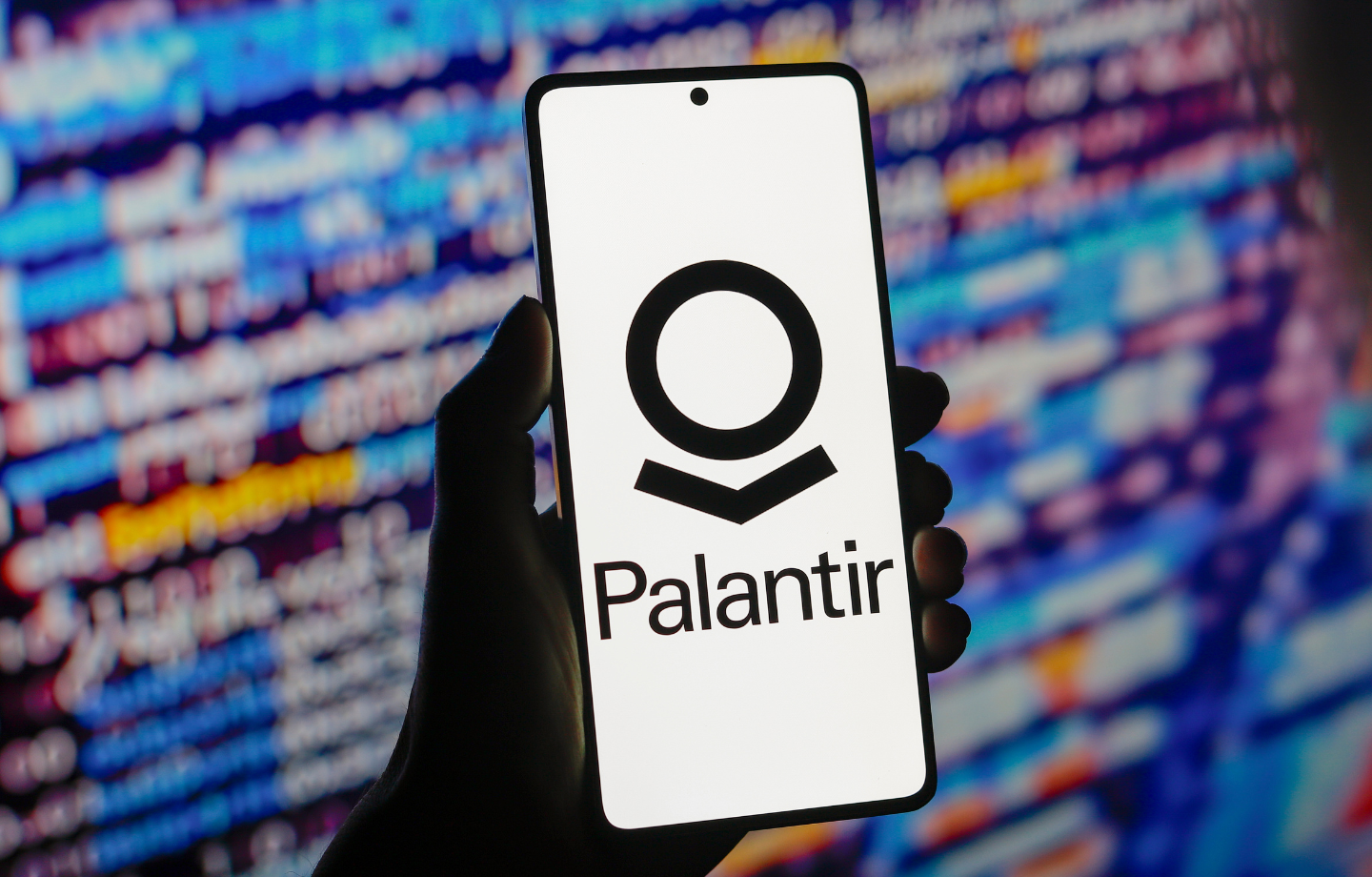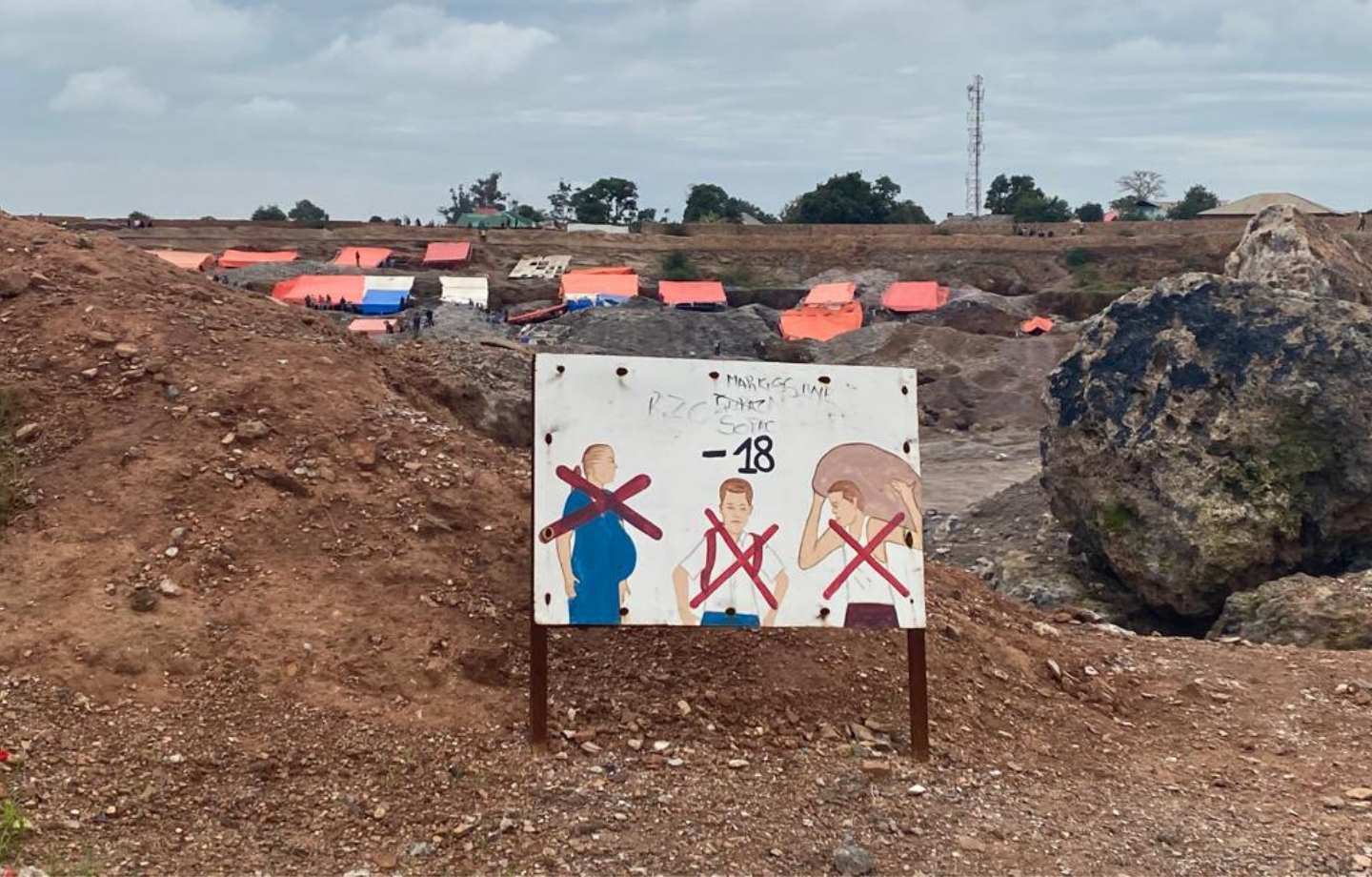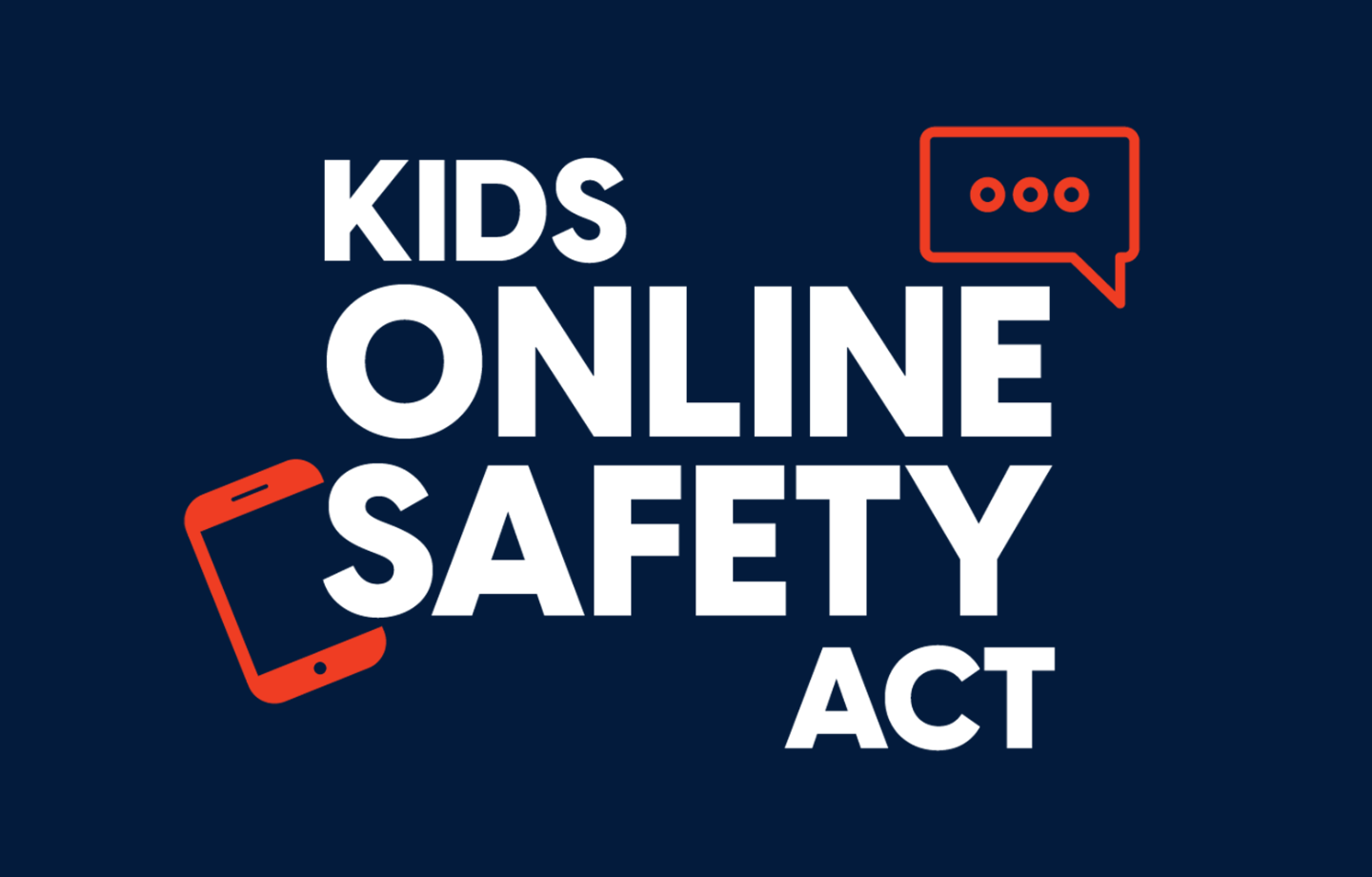Now Is the Time for Congress to Pass the Kids Online Safety Act

December 12, 2024
The US Congress has never been closer to enacting online safety legislation. The Kids Online Safety Act (KOSA) passed with overwhelming bipartisan support in the Senate in August, and the House Committee on Energy and Commerce advanced the bill to a floor vote in September. Yet a fierce tech lobby led by Meta and Alphabet has managed to stymie progress in the House. The release of a slightly revised version of the bill this past Saturday, with constructive input from the social media platform X, has brought new momentum to the effort. In the seven days that remain of the lame duck session, more companies and advocates should step up to express support for the bill and help push it past the finish line.
KOSA requires tech companies to design online platforms with children’s safety in mind. It does so by regulating the design elements, rather than the content, of those platforms. Just like playgrounds and toys in the physical world need to meet certain safety standards, so too would KOSA require that companies use “reasonable care” in their choice of design features for online networking and gaming with a view to reducing certain harms to children.
Under KOSA, an image-sharing site like Instagram would have to evaluate the potential negative consequences of its appearance-altering filters. Video-sharing platforms like YouTube and TikTok would have to consider whether an auto-play feature leads to compulsive usage among its young user base. There is some evidence that both problems occur. The platforms would then be compelled to put those safety considerations above revenue interests when designing and implementing platform features.
While the bill has been mischaracterized as a “censorship bill” by some commentators, the revised text explicitly precludes the government from enforcement based on a platform’s content and the viewpoints expressed therein. The bill also states that platforms would not be liable for allowing users to independently search for content that interests them. Several regulations around the world directly regulate platform content, and some advocates might be disappointed that KOSA does not do so. But, in light of the US First Amendment’s protection of free speech, KOSA strikes a sensible balance between promoting expression and preventing harm.
Nevertheless, certain powerful Silicon Valley companies have been effective at sowing doubt about the bill’s purpose and impact. Meta and Alphabet, in particular, have engaged in a concerted effort to warn legislators on both sides of the aisle that KOSA would lead to censorship of their preferred topics and viewpoints. This argument has even found traction among certain civil society organizations and free speech absolutists, who have opposed nearly every government initiative to regulate the Internet.
As a sign of the effectiveness of this lobby, House Speaker Mike Johnson (R-La.) has resisted bringing the bill to the floor of the House, expressing concern about the potential for censorship. Speaker Johnson and other policymakers should view Meta and Alphabet’s objections with skepticism, understanding that KOSA’s provisions would force these companies to dismantle addictive and harmful (but profitable) platform features.
An outlier in Silicon Valley is the social media platform, X, whose CEO, Linda Yaccarino, has been vocal about her endorsement of KOSA and reportedly worked with the bill’s co-sponsors to reinforce anti-censorship provisions. X (formerly Twitter) can be criticized on many grounds, including the crippling of its trust and safety capabilities leading to a proliferation of extremist and pro-terror content on the platform. But in this instance, X’s leadership is actively backing worthwhile legislation, and other companies should follow suit. Congress has only two weeks left in the lame-duck session before new lawmakers are seated. After that, the bill would have to be reintroduced on both chambers and face an even more uncertain fate.



